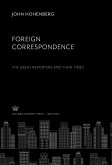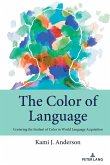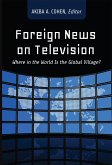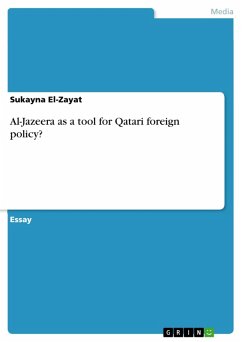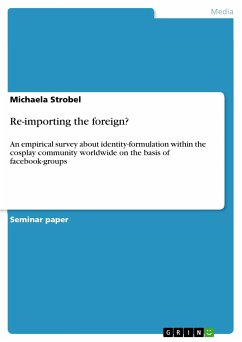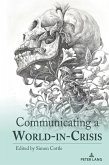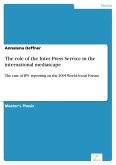Inhaltsangabe:Der Studiengang International Media Studies wurde in Kooperation von der Deutschen Welle-Akademie, der Hochschule Bonn-Rhein-Sieg und der Universität Bonn eingeführt. Introduction: Motivation: As the Russia-Georgia war of 2008 started, I had just arrived in Germany. At the time, nobody ever really believed that military actions would ever take place between the two countries, though there was a lot of talk about the possibility. During the first days of the war, while in Germany, it was challenging to get information from the Georgian media. Later I learned of the hacker attacks on Georgian websites, and also that people in Georgia could not visit any Russian websites. I was having trouble even contacting my family through land telephone lines. It seemed that the information war between Russia and Georgia had gained strength. Russia Today was describing Georgians as the worst villains, and CNN was expressing its empathy towards Georgia. It was a confusing atmosphere of an enormous amount of discrepancies. After the war, there were a lot of manipulations and speculations about the causes and the flow of the military conflict. This triggered my reflection on whether media of directly involved parties under the combat circumstances can stay balanced and unbiased. Both Russian and Georgian media seem to face significant challenges related to media independence because of the relatively short and fragile democratic development taking place in both countries. It may be naive to expect an absence of bias from media organizations from either country; instead it would be more plausible to look to media of third countries to play a neutral observer role. Certainly, every media and every country represents its own interests but nobody speaks about ideal configurations. During my master study at the Deutsche Welle, I attended a seminar on the peace journalism which motivated me to come back to my previous questions and try to find out whether the reporting on the Russia-Georgia war was conflict-sensitive or balanced in any way. The conflict between Russia and Georgia is an ongoing conflict with varying phases of escalation and de-escalation. Visible and invisible consequences of the war are still unresolved such as insufficient care of the refugees, inexact data of casualties and other issues. Statement of problem and research question: People are always curious about what happens outside their own countries, about, so called, foreign [...]
Dieser Download kann aus rechtlichen Gründen nur mit Rechnungsadresse in A, B, BG, CY, CZ, D, DK, EW, E, FIN, F, GR, HR, H, IRL, I, LT, L, LR, M, NL, PL, P, R, S, SLO, SK ausgeliefert werden.



